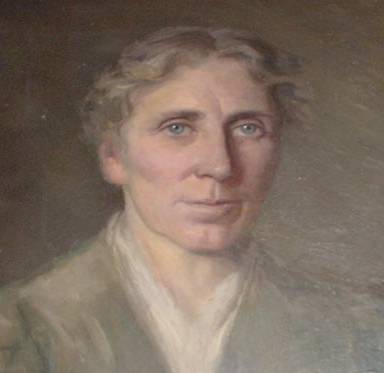A. L. DAVIS has purchased the Silas WILDER farm on Densmore hill, paying therefor $500.
Mrs. BARSTOW’s farm at the Four Corners has been sold to Frank E. KING of Lebanon, N. H., for $4,500. The family have moved in.
Curtis FLOWERS and Marvin WHITCOMB have just bought, cut and drawn an elm tree from A. L. DAVIS’ farm , which yielded over five cords of wood.
John P. STILSON has hired the Dan SEAVER farm in West Windsor and will soon move on it.
Mr. RICHARDSON of Olcott Falls has moved into Mrs. SUMNER’s house. Mrs. SUMNER goes to Hartford, Conn., to live with her daughter.
Mrs. Ellen B. KETCHUM and son Henry leave, Wednesday, for Denver, Col. Charles BACKUS, who has been in their employ the past year, is to accompany them.
The Methodist Seminary at Montpelier will have as students from this town, during the next term, A. C. STEVENS, Miss Mary STEVENS, and Miss Gertrude SMITH.
Miss Carrie E. PERRY is home from Middletown Springs, stopping at J. H. EMERSON’s.
Allen SLADE of Proctor is stopping at B. F. LABARREE’s.
Milo HEADLE, a well-known teacher, is at home with his father, R. W. HEADLE.
Mrs. L. WHITMORE and son Frank, from Nebraska, are visiting at J. A. McARTHUR’s.
Abbie JONES is home from Haverhill, Mass.
Mrs. LAWRENCE and daughter Lottie, of Malden, Mass., are spending a few weeks with C. V. N. WINSLOW.
The concert given a Pavilion hall by the “little old folks” was a decided success. The only bad thing about it was sore sides from laughing.
Mrs. E. S. SLADE of Proctor is at her old home in this village.
Mrs. Will SPAULDING of St. Albans is at George SPAULDING’s.
Mrs. Oliver BROTHERS died very suddenly at North Hartland, last week, at the age of 76 years. She retired in good health at night and was dead in the early morning.
A little grandchild of Amon ROYCE died of pneumonia, last week, aged three months.
Mrs. Catherine SHEPARD died last Wednesday and was buried Saturday, Rev. C. M. CARPENTER officiating.
William SHORT, for many years a farmer in this town, but who has of late been with his daughter in Concord, N. H., died in that city and was brought here for burial, the 16th.
Mrs. Huldah HAMMOND died at the home of her daughter, Mrs. Z. WALKER, Tuesday night, funeral on Thursday. There are many more sick, and it seems as if the death angel was hovering over this town.
The snow is fast disappearing and the traveling is quite good in some places; on the hills the mud is deep yet. The blue birds, robins and ground birds, are again with us telling us spring has come once more.
Miss Luna JOHNSON has gone to Sunapee to work for Mrs. MARTIN.
Miss Alice SPAULDING has gone to Claremont, N. H., to work in a millinery store.
Charles St. CLAIR has moved from Martinville to Mrs. LADD’s house on the plains.
Transcribed by Ruth Barton
